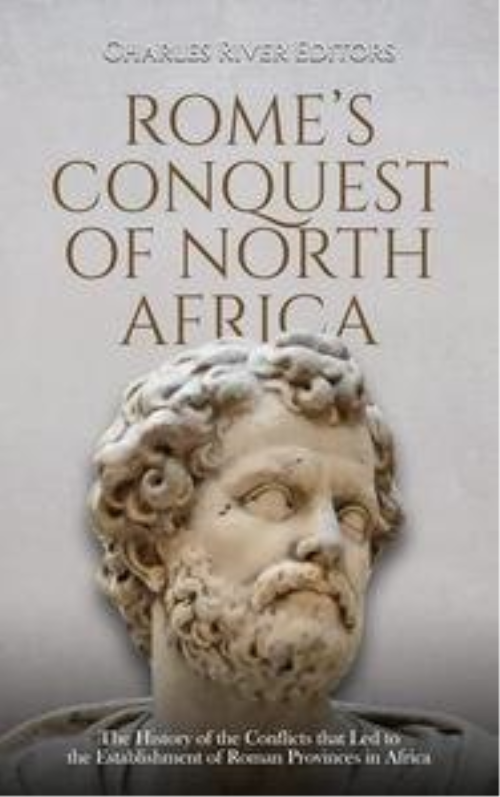
English | January 16, 2023 | ISBN: N/A | ASIN: B0BSJG2BV8 | 197 pages | EPUB | 15 Mb
Certain foreign policy decisions led to continuing enmity between Carthage and the burgeoning power of Rome, and what followed was a series of wars which turned from a battle for Mediterranean hegemony into an all-out struggle for survival. Although the Romans gained the upper hand in the wake of the First Punic War, Hannibal brought the Romans to their knees for over a decade during the Second Punic War. While military historians are still amazed that he was able to maintain his army in Italy near Rome for nearly 15 years, scholars are still puzzled over some of his decisions, including why he never attempted to march on Rome in the first place.
Before the Numidians were conquered by the Romans and Numidia was officially made part of Roman Africa, they developed a culture that was as sophisticated and unique as any in the ancient world. The Numidians were a Berber people who emerged from the edge of the desert in the late 2nd millennium BCE, and despite the harshness of their environment (or perhaps because of it), they eventually became the most powerful people in North Africa. The Numidians found success on the backs of horses, which they rode to countless military victories, and when they could not defeat their enemies with conventional tactics, they were not afraid to resort to asymmetrical warfare.
While the Numidians fought with and against their neighbors, they developed a unique culture that was influenced by the Greeks, Romans, and Carthaginians. Numidian merchants took advantage of their rich land to develop trade routes that made the kingdoms even richer, allowing them to build cities and monuments. Ultimately, however, the Numidians were unable to stop the advance of the Romans, despite making several valiant attempts to do so.
The end of the Ptolemies also happened to coincide with the most famous period of Roman history. In the latter 1st century BCE, men like Julius Caesar, Mark Antony, and Octavian participated in two civil wars that would spell the end of the Roman Republic and determine who would become the Roman emperor. In the middle of it all was historys most famous woman, Cleopatra, who famously seduced both Caesar and Antony and thereby positioned herself as one of the most influential people in a world of powerful men. Cleopatra was a legendary figure even to contemporary Romans and the ancient world, and she was a controversial figure who was equally reviled and praised through the years, depicted both as a benevolent ruler and an evil seductress (occasionally at the same time). Over 2,000 years after her death, everything about Cleopatra continues to fascinate people around the world, from her lineage as a Ptolemaic pharaoh, her physical features, the manner in which she seduced Caesar, her departure during the Battle of Actium, and her famous suicide. And despite being one of the most famous figures in history, there is still much mystery surrounding her and the end of the Ptolemies, leading historians and archaeologists scouring Alexandria, Egypt for clues about her life and Egypts transition to Roman rule.
As for Roman Egypt, the period from 30 BCE until the Roman Empire was split into two halves in the 4th century CE. It is scarcely mentioned, yet it was a time when Egypt was a pivotal province in the Roman Empire. It could also be argued it was a power without which the Roman Empire would not have survived. Its wealth, especially its fertility, was the key for any Roman emperor hoping to feed and entertain Romes ever-demanding masses and was particularly vital to Augustus as he established himself as the first emperor of Egypt. The institution of imperial, as opposed to senatorial, provinces proved crucial in the consolidation of imperial power. Moreover, how Egypt in this period was administered and exploited provides invaluable information as to how Rome manipulated and controlled large populations for its benefit in the rest of its empire.
DOWNLOAD
rapidgator
nitroflare

